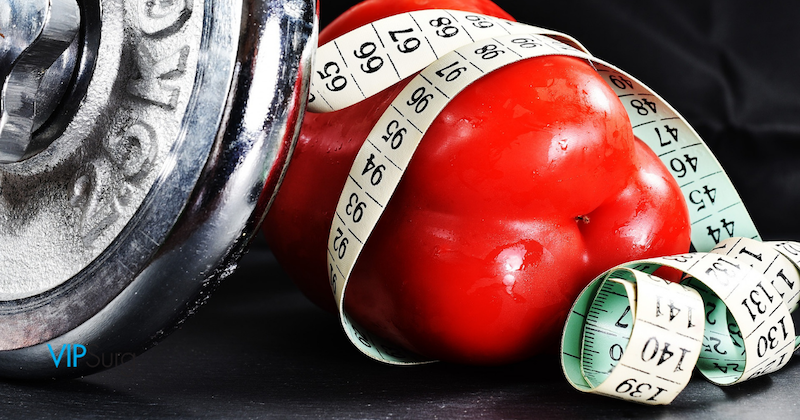Diet or Exercise – Which Yields Better Weight Loss Results?

We all know that a combination of diet and exercise allows for ideal body weight loss and maintenance at a lower weight. However, many bariatric patients, especially in the early postoperative time of their lives want to know which they should prioritize. And, while we always want our patients to embark on a well-rounded diet and exercise program, initially, diet is really what they must focus on.
The reason for this focus is based on two very simple principles. First, avoiding calories is far easier than burning them. As an example, eliminating 300 or 400 calories can be achieved by simply dropping the bread and some condiments in a typical sandwich. Pretty straightforward. However, to burn those same 400 calories, one would have to run 4 miles, which would take upwards of an hour of relatively strong exercise.
The second reason is simply because of the excess weight patients continue to carry in the early part of their postoperative life. It takes between one and a half and two years to fully stabilize at a goal weight. In the meantime, the excess weight most patients carry will make it more difficult to exercise and increase the risk for injury.
So, What’s the Best Answer?
In the early stages of recovery after bariatric surgery, patients will be on a diet that starts as clear liquids and progresses to a modified normal diet. This is primarily to allow the stomach and intestines to heal, but will also provide significant, rapid weight loss and obesity related disease improvement in a short period of time. During this time, patients should also follow instructions utilizing low impact exercises such as walking, bicycle riding and swimming to burn additional calories and maintain or build lean muscle.
As patients lose more weight, their caloric intake may begin to increase, but now it is imperative to add more vigorous and consistent exercise including strength training and cardio. Building muscle is critical to the longer-term maintenance of a lower weight. Muscle burns more calories that fat, at rest, meaning that even a more liberalized diet can be offset by significant muscle mass developed by consistent exercise. Just a quick note to remember. Cardiovascular exercise such as the elliptical, stationary bicycle or treadmill all burn calories and increase the heart rate but are not as effective as strength training such as weightlifting and bodyweight exercises in building muscle. A combination of both exercise modalities is ideal as patients begin to ramp up their exercise programs.
The Bottom Line
So, remember, diet and exercise are both very important, but in the initial rapid weight loss phase, diet will be the key to losing weight. As you continue through the weight maintenance phase, building muscle and maintaining significant muscle mass will become a very important part of long-term success.



